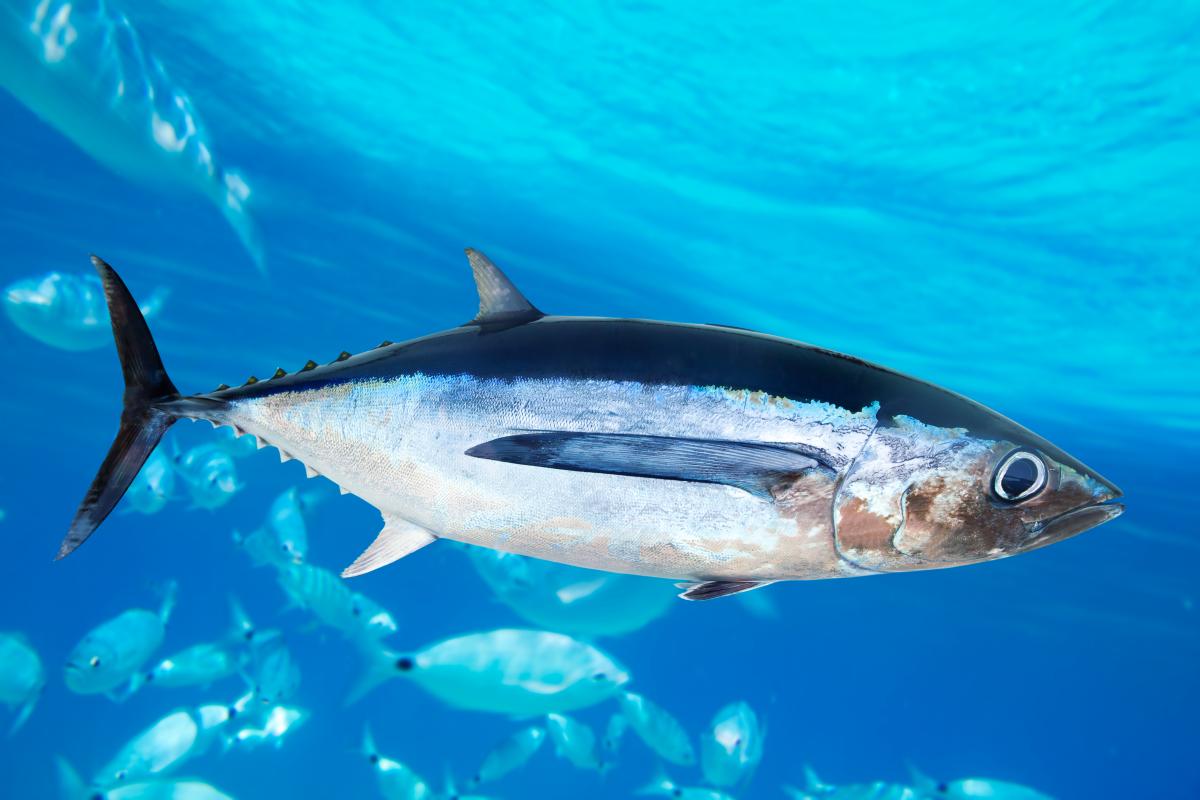14 novembre 2024

The Western and Central Pacific Fisheries Commission (WCPFC) annual meeting in Suva, Fiji, presents an opportunity to tackle critical fisheries issues impacting the region. From tuna to swordfish, Pacific fisheries are vital resources, providing food security, economic support, and cultural value to numerous island communities and nations. However, these fisheries face significant challenges with pressures from declining catch rates, climate impacts, and competing economic demands. This year’s meeting could be a turning point, as WCPFC members are set to discuss and potentially adopt management measures that can secure a sustainable future for key stocks, including South Pacific albacore, bigeye, yellowfin, and skipjack tunas.
To meet these challenges, the WCPFC must adopt modern management procedures to reinforce scientific collaboration and establish support structures for ongoing development. Taking action on these fronts will ensure that fisheries across the Western and Central Pacific are resilient and sustainable for future generations.
A Management Procedure for South Pacific Albacore
The South Pacific Group and Australia have proposed an interim management procedure (MP) for the South Pacific albacore fishery, which has undergone extensive testing through management strategy evaluation (MSE). Adopting this MP would mark a significant step forward in modernizing fisheries management in the region, securing a sustainable future for this economically and culturally important stock.
Implementation Through a New Conservation and Management Measure
To realize the benefits of the MP, the WCPFC must commit to developing a new conservation and management measure that will be implemented. This concept from the South Pacific Group is proposed to be further developed with a target of being adopted in 2025 so the MP can be implemented from 2026 onward. By committing to this measure, the WCPFC will ensure that the MP’s objectives are upheld across the entire Convention Area, providing consistent management that can respond to changing environmental and economic conditions.
Building Regional Cooperation with a Joint Working Group
South Pacific albacore is a shared resource, and effective management requires cooperation. The United States has proposed establishing a joint South Pacific albacore working group with the Inter-American Tropical Tuna Commission (IATTC). This group would enable WCPFC and IATTC to coordinate efforts, share data, and implement aligned management approaches. Establishing this joint working group in 2025 would enhance the region’s capacity to sustainably manage a fishery that spans both Convention Areas, ensuring a cohesive approach that benefits all stakeholders. The South Pacific albacore MSE already accounts for mortality in the eastern Pacific, so it should not preclude the adoption of an MP for the stock at WCPFC this year.
Strengthening Regional Fisheries Management Across Other Key Stocks
Beyond the South Pacific albacore, the WCPFC has a broader responsibility to adopt modern, science-based management for other critical stocks. During this year’s meeting, the Commission should prioritize the following actions:
A Pivotal Moment for Regional Fisheries
The WCPFC’s annual meeting in Suva presents a vital opportunity to set the course for sustainable fisheries management in the Pacific. By adopting the proposed MP for South Pacific albacore, advancing other management measures, and establishing permanent support structures like the SMD Group, the Commission can protect the region’s valuable fish stocks and support the communities that depend on them. Now is the time for decisive action, collaboration, and commitment to a sustainable future for Pacific fisheries.